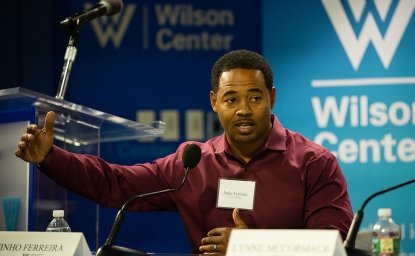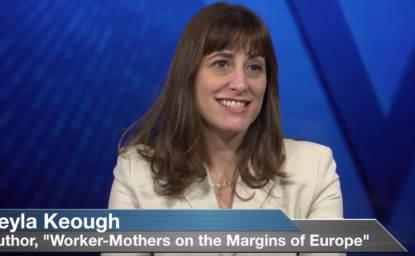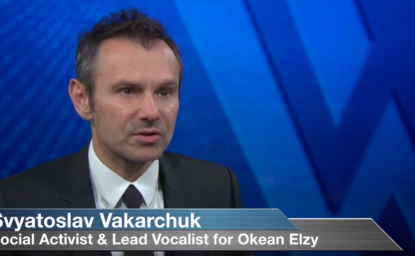Securing ‘Loose Nukes’
The international community is taking gradual—yet effective—steps to secure nuclear materials, with Russia “turning the corner from nuclear problem state to nuclear solution state,” Carnegie’s Matthew Rojansky says. In this interview, he and other experts assess the 2012 Nuclear Security Summit in Seoul.










